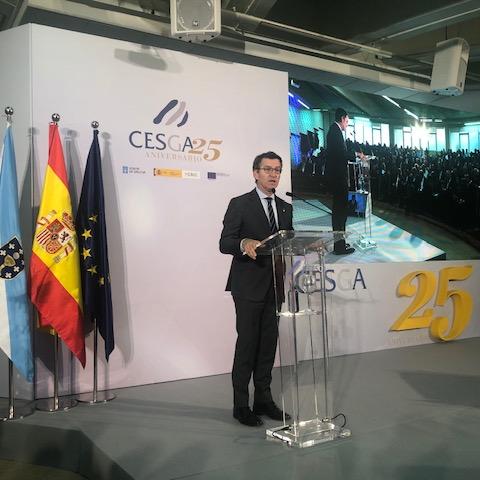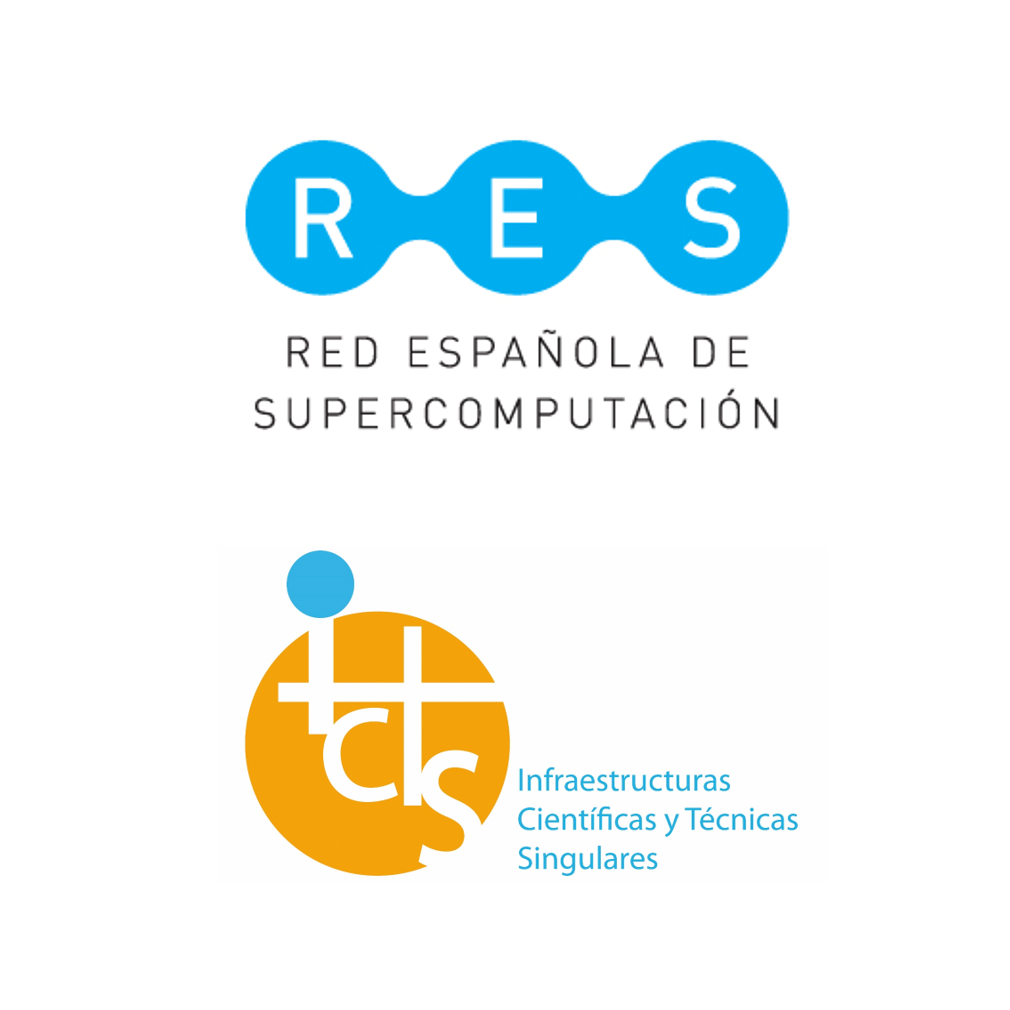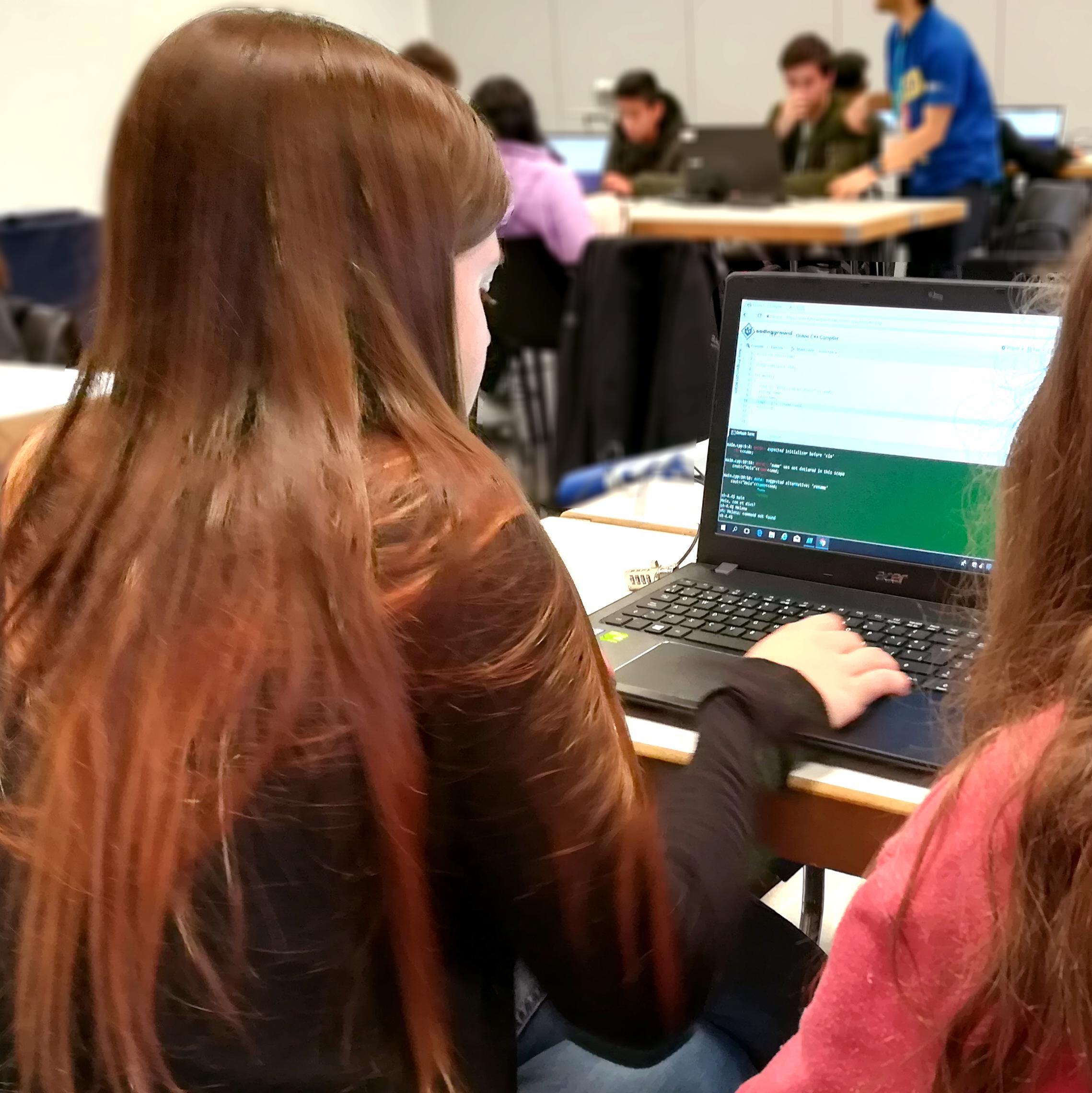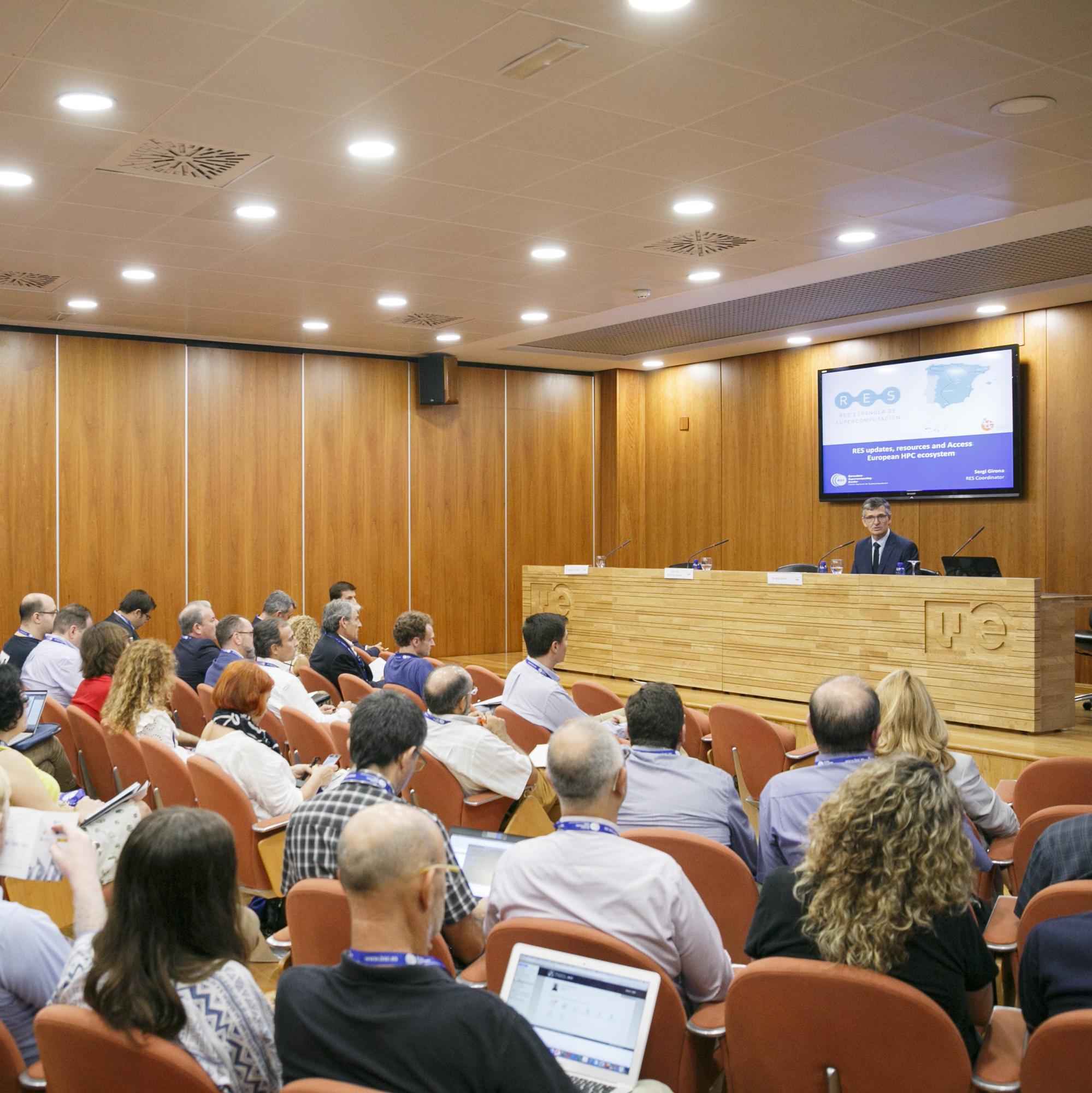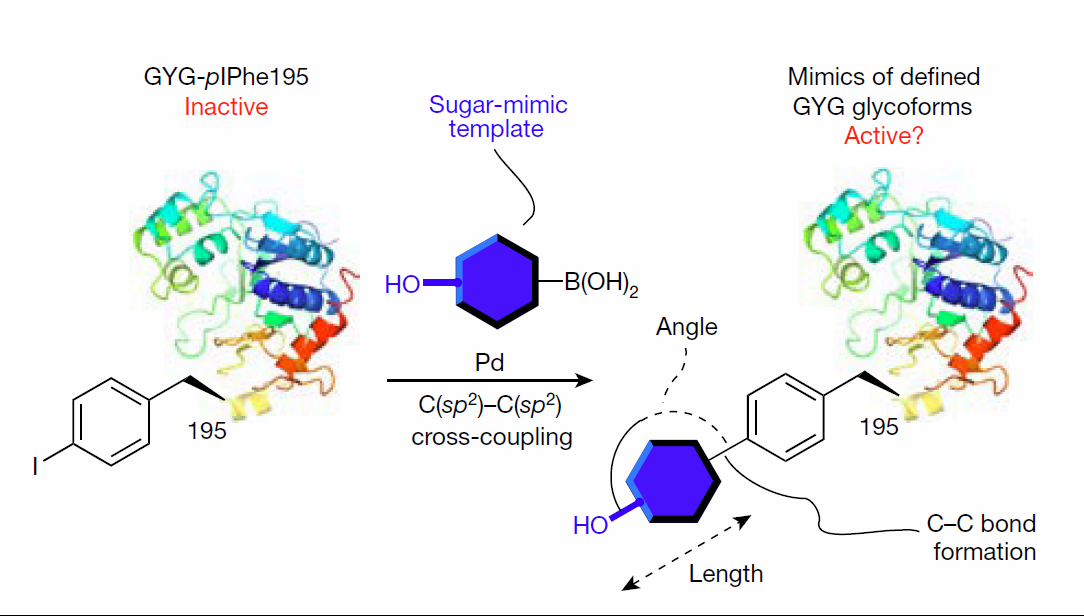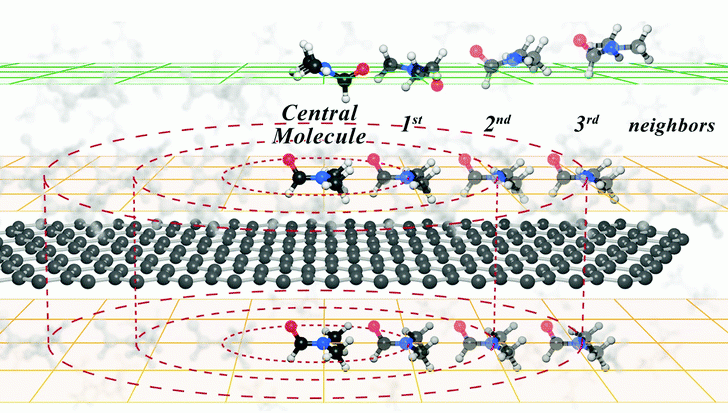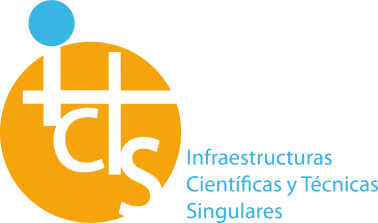|
|||
| NEWSLETTER November 2018 - No. 5 | |||
| News | |||
|
|||
|
|||
|
|||
|
|||
| Upcoming events | |||
|
|||
| Research highlighted results | |||
|
|||
| Access to RES resources | |||
|
|||
|

